The Granicus, that day, was not just a river. It was a border, a challenge, a baptism of fire for the conqueror. The wind, messenger of the gods, carried the murmurs of the soldiers, the echo of orders, the clinking of weapons. Alexander, like an eagle ready to swoop down on its prey, felt adrenaline swell his veins. He knew that this passage was crucial, that glory or defeat would be decided in the turbulent waters.
The first riders charged, their horses whipping the water, their hooves pounding the riverbed. Persian arrows whistled, sowing death and confusion. The Granicus, suddenly, was stained red, a bloody mirror of the battle. Alexander, at the head of his troops, threw himself into the fray, his war cry resounding like thunder. He was a god among men, a whirlwind of fury and courage.
The waters of the Granicus were the scene of carnage. The bodies of soldiers, Macedonian and Persian, piled up, carried away by the current. The river, silent witness to the madness of men, growled its anger. Alexander, like a legendary hero, fought his way through the enemy ranks, his spear sowing death. The Persians, shaken by his bravery, retreated, then yielded.
The sun, tired of so much violence, set, leaving behind a fiery sky. The Granicus, appeased, reflected the stars, like so many shed tears. Alexander, victorious, contemplated the battlefield, his soul filled with a mixture of pride and sadness. The passage of the Granicus was accomplished, but at what price?





























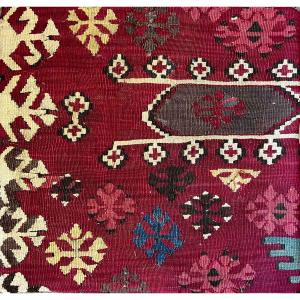
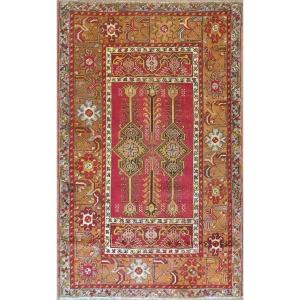



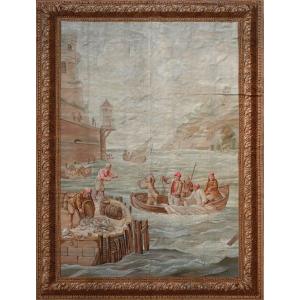

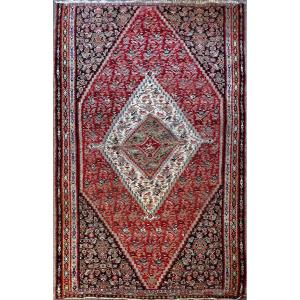

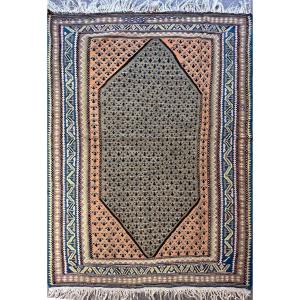




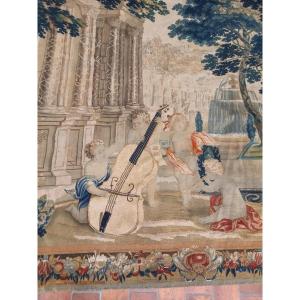



 Le Magazine de PROANTIC
Le Magazine de PROANTIC TRÉSORS Magazine
TRÉSORS Magazine Rivista Artiquariato
Rivista Artiquariato